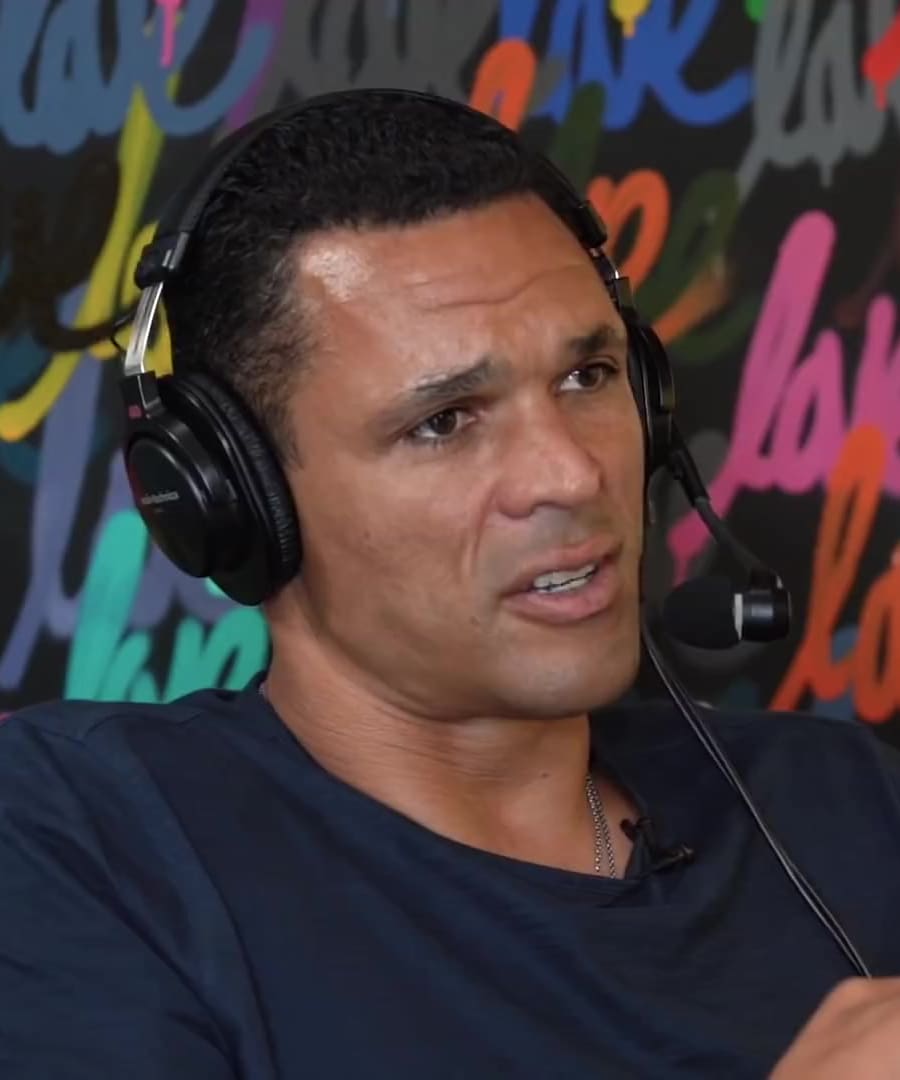Treating children like adults?
Sources:
Treating children like adults can have both positive and negative effects. Here are some insights from trusted experts:
-
Sense of Wisdom and Maturity:
- Najwa Zebian discussed how being treated like an adult by her grandmother and father led her to feel much older than she was, fostering a sense of wisdom. However, this also meant difficulties in engaging in light-hearted or "silly" activities, highlighting a potential drawback of losing out on certain childlike experiences 1.
-
Raising Independent Thinkers:
- Shelby Smith emphasized the importance of treating children like adults to foster independence and critical thinking. She argued for mutual respect between parent and child, noting that while it's important to cultivate independent thinking, it should not replace basic manners or respect 2.
-
Potential for Alienation:
- Abigail Shrier critiqued modern therapeutic approaches that treat children as little adults, arguing this can contribute to issues like alienation from parents and an overemphasis on affirming every emotional expression. Shrier suggested that children need authoritative figures and should be guided in understanding which emotions are appropriate 3.
-
Connection and Reflection:
- Tony Gonzalez shared that treating children as adults can sometimes put undue pressure on them to mature quickly, potentially missing out on a normal childhood. He highlighted the importance of enjoying parenthood and allowing children to develop at their own pace 4.
In summary, while treating children like adults can help them mature and develop their thinking, it's crucial to balance this with the emotional and developmental needs typical of childhood. Treat them as individuals with unique needs and provide appropriate guidance on emotional matters.
RELATED QUESTIONS-

